No matter what you’re growing, as a gardener your biggest responsibility is to ensure that your plants are getting the nutrients they need in order to thrive. Well, that, and keeping them safe from countless pests but we are focusing on nutrition right now!
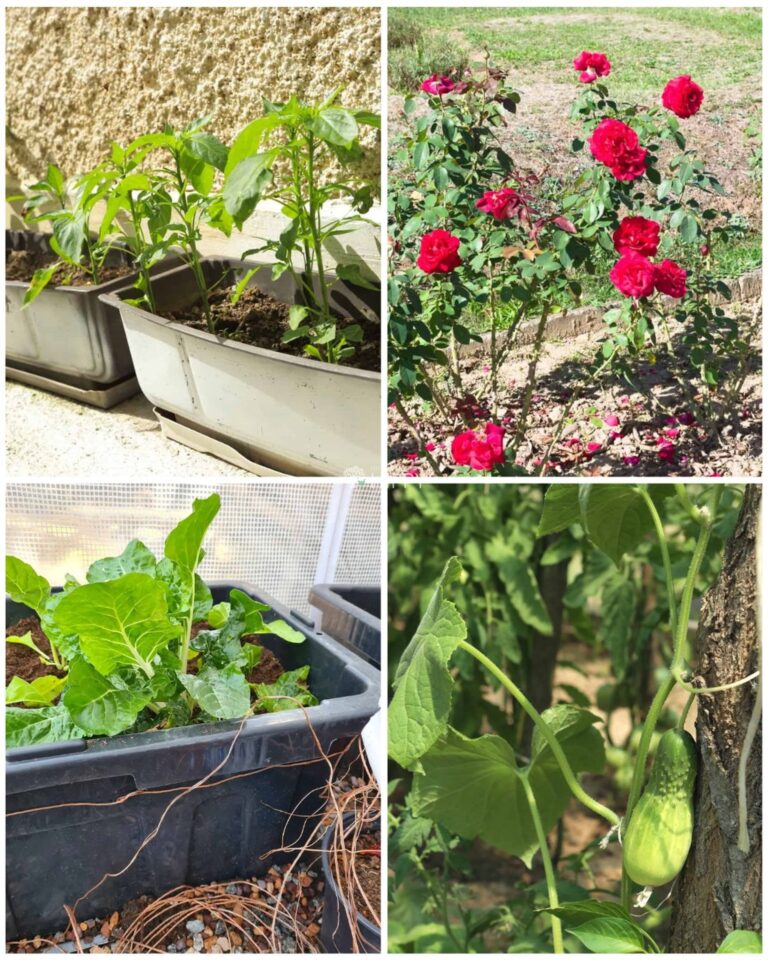
Most of us are already familiar with the big three- nitrogen, phosphorus, and potassium. All of them are essential, but it is potassium that’s often the most important when it comes to getting a good return on your efforts.
This mineral is absolutely vital for regulating the water cycle in plants and many other internal processes besides. Without it, your produce will usually be small and pretty disappointing.
Luckily, it’s easy to get plants more potassium without risk compared to nitrogen and phosphorus, but you’ve got to be especially aware of which plants in your garden are potassium-hungry. I’ll tell you about 27 of them below…
Avocado
Like many fruit trees, and yes, avocados are technically a fruit, making sure they’ve got plenty of potassium throughout the growing season is fundamental to getting a good harvest.
And don’t be stingy with your potassium on young trees early in the season, either: A lack of potassium can stress out the tree, and a stressed tree might not fruit at all!
Peaches
Peaches are some of the most delectable and popular fruits around, and like many kinds of fruit, they need lots of potassium if they’re going to develop properly. This is because this mineral is present at high levels in the fruits themselves.
Most peach trees will benefit from periodic applications of potassium throughout the season prior to harvesting.
Eggplant
Eggplants are a member of the nightshade family, the same as tomatoes and peppers, but unlike tomatoes and peppers, most eggplant varieties get really huge. Any fruit that attains that size will need lots and lots of potassium at any rate.
Eggplants that don’t get enough potassium when they need it won’t be as big and will rarely have an appealing texture or flavor.
But even prior to the formation of the fruits themselves the plant needs potassium in order to flower properly in the first place.
Peppers
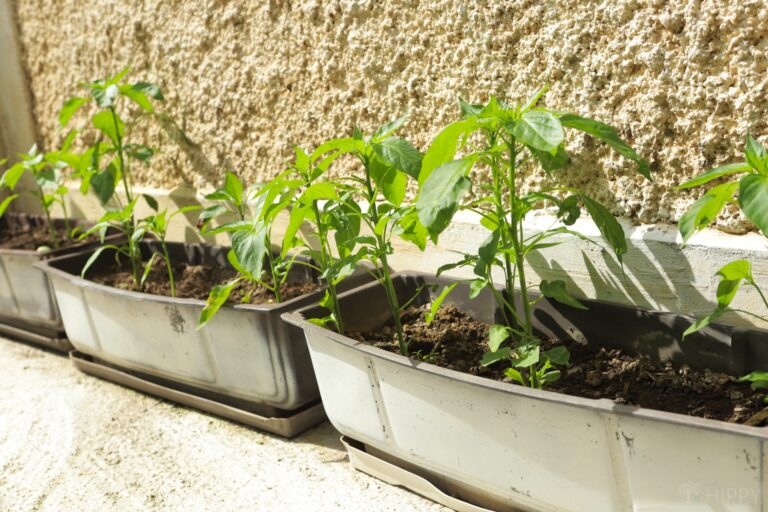
Another nightshade family vegetable, peppers come in many varieties, and more than this they have a hugely varying level of heat!
From the relatively sweet and crisp jalapeno to the eye-watering scotch bonnet, peppers offer something for everyone.
But one thing that all varieties need is plenty of potassium. Without it, you won’t get very many peppers and the ones that do grow will be limp, bland, and disappointing.
Since peppers can be tough to grow even in ideal conditions don’t neglect to get them all the nutrition they need.
Green Beans
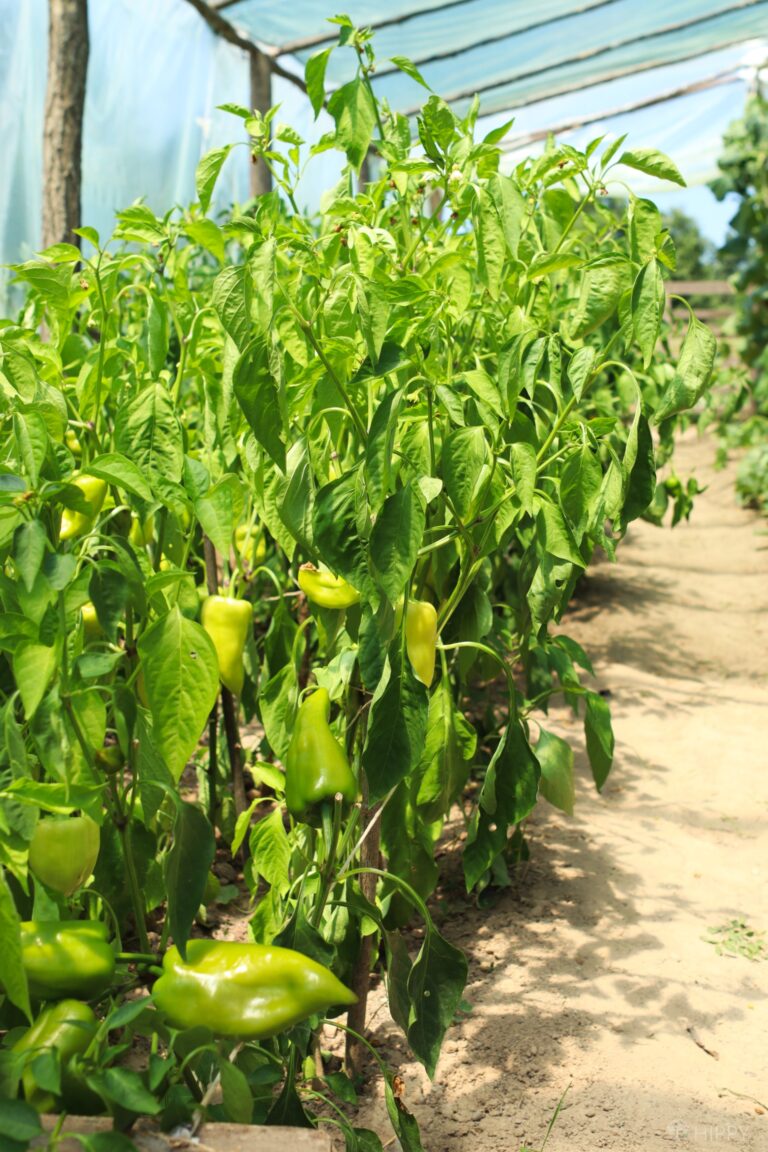
Green beans, along with many other varieties of beans, are known as nitrogen-fixing plants because they can actually put nitrogen back into the soil, but this doesn’t mean they’re self-sufficient.
They need other nutrients, namely potassium, in order to produce lots of seed pods that are plump and properly formed. It’s no exaggeration to say you’ll never get a good harvest if you neglect the potassium for your green beans!
Zucchini
Zucchinis are a versatile vegetable, and like every other piece of produce on this list they need lots of potassium.
But they can be a little bit tricky: zucchinis actually need a lot more potassium much earlier in the growth cycle when they are developing their vines and spreading.
Potassium is critical at this juncture because it will promote fast growth but also the movement of water which is so essential to the health of the plant. Assuming they get enough throughout prior to fruiting, you can be assured of an impressive harvest.
Banana
Bananas, perhaps more than any other fruit on this list, are synonymous with potassium!
This is why they are recommended as one of the best sources of potassium whenever you’re exerting yourself or if you don’t get enough in your usual diet.
But if you want your bananas to have a lot of potassium, you’ve got to give them a lot of potassium.
A lack of this mineral will lead to small bananas that might be malformed, and in any case, they won’t taste very good without it.
Carrots
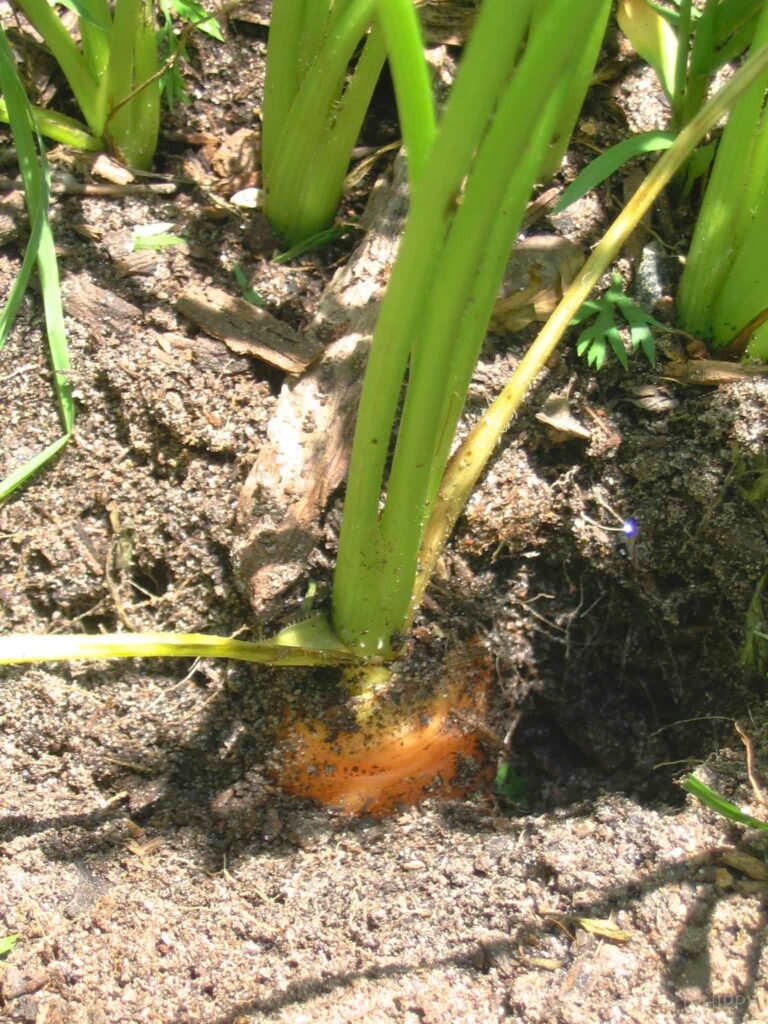
Carrots and other similar root veggies are usually thought of as being phosphorous “hogs” when it comes to fertilization, but don’t forget to give them this mineral when they need it.
Potassium is essential for the formation of those frond-like carrot tops which will subsequently promote the growth of the tap root. A stunted top means that the root is going to be tough, small and lacking in flavor.
Watermelon
The most wonderful summertime fruit around and the undisputed king of the melons, anyone who knows a little bit about growing produce knows instinctively that watermelons are going to need lots of potassium.
Watermelons are huge and about as juicy as any fruit can get, meaning they need lots of this mineral throughout the season and especially when they’re just getting started: most fruits and veggies that grow on vines have to have extra early on.
Honeydew
Honeydew melons aren’t as large or as popular as watermelons, but they still have high potassium requirements.
Like some other plants on our list, honeydews are also notably vulnerable to a lack of potassium, and might fail entirely if they don’t get enough at any stage of growth. Check your soil levels before planting and recheck periodically throughout the season.
Marigolds
The wonderful vibrancy of your marigolds can be assured if you take the time to get them the potassium they need.
Potassium is vital in order to help the plant use other resources that they need, and adequate potassium directly contributes to the intensity of their color and also to keeping the blooms erect.
Roses
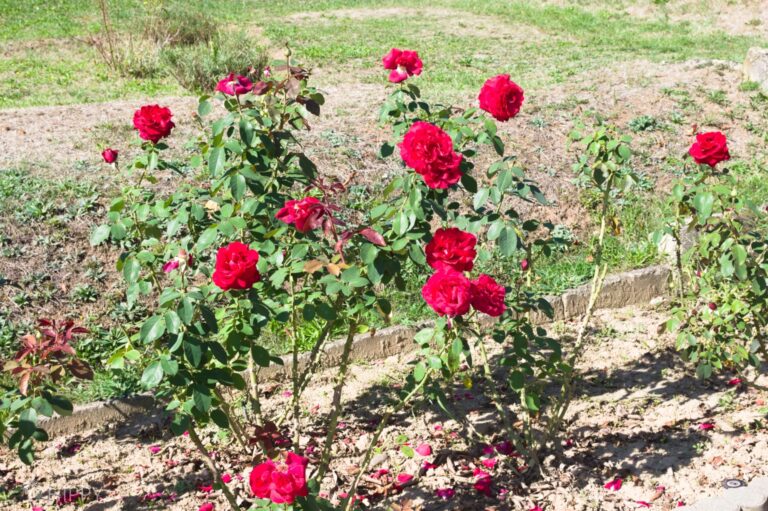
Even if you aren’t growing fruits and veggies in your garden and are sticking with decorative plants and flowers instead, potassium is always going to be a critical resource.
Perhaps nowhere is it more critical than with roses. Every variety of roses out there needs lots of potassium for proper flowering, to grow rigid stems and to produce vibrant, healthy blooms.
Sunflowers
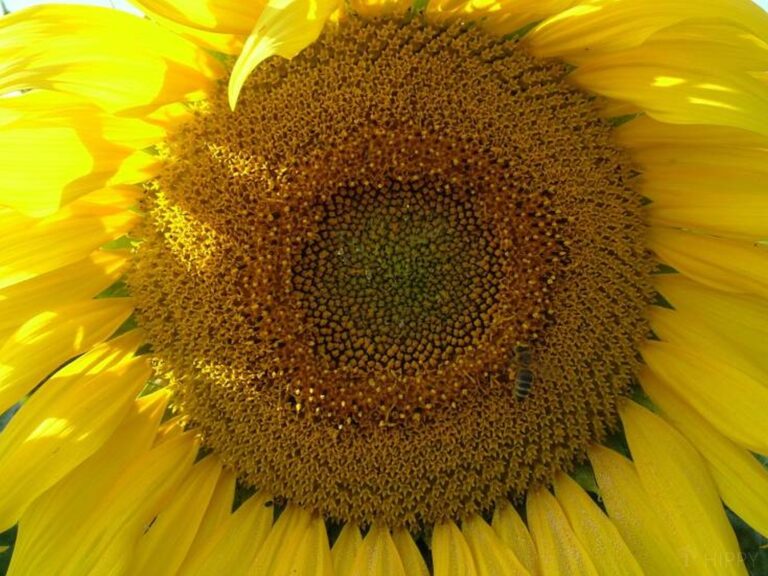
Some of the largest and surely the most magnificent flowers around, most sunflower varieties are absolutely towering.
Naturally, potassium plays a vital role in the overall health of these magnificent flowers and especially the strength of their stalks that have to hold up those huge flower heads.
If you’re growing your sunflowers as a festive, decorative plant, or planning on harvesting those tasty seeds, you’ve got to make sure it gets lots of potassium either way.
Potatoes
Potatoes are very much like other root veggies and tuberous veggies when it comes to their demand for potassium.
This mineral is especially vital for any vining plant early during the growth phase, potatoes included, but it is also needed to help the plant, and the tuber itself, resist various diseases. If your potatoes regularly start rotting, a lack of potassium might be to blame.
Peas
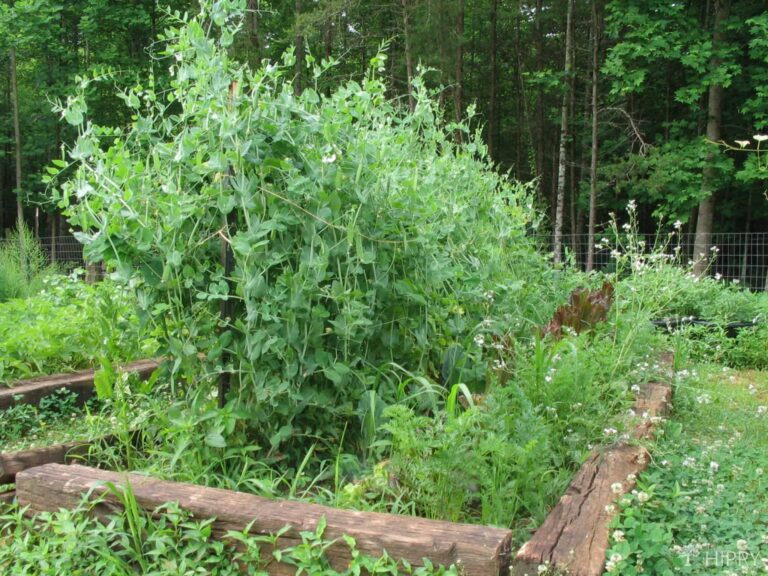
These are a type of bean, and like the other beans discussed on this list peas require potassium for good, healthy growth overall and for the formation of plump peas themselves and crisp, well-formed pods.
Shriveled, mushy peapods when it’s time to harvest are a sure sign of a lack of potassium.
Kidney Beans
Kidney beans are like all other beans in that they need potassium to guarantee proper flowering and subsequently the formation of healthy and well-formed seed pods. It also contributes to the overall health of the plant in countless other ways.
If your kidney beans aren’t getting the potassium they need, expect them to be smaller than normal, very dense and lacking in flavor. Nothing’s worse than mushy beans, let me tell you!
Strawberries
Strawberries are probably the most beloved berry on the planet. And no, they aren’t really berries, but that’s not important.
Strawberries are delicious but tend to be fickle, and if yours haven’t been coming in nicely they could be lacking in potassium, but they need plenty of this mineral in order to cope with diseases and also to develop those plump, sweet fruits we all crave.
Blueberries
If you were going to force me to pick one, I don’t know if I would go with blueberries or strawberries. But I do know this: if you don’t get blueberries ample potassium throughout the growing season, you’re not going to enjoy a big yield of berries.
Worse, the ones you do get won’t be very sweet. You know what to do by now: check those soil levels before you plant and make sure the bush gets plenty as needed throughout the season.
Raspberries
Another one of my favorite berries, raspberries can be a great choice if you’ve been disappointed by strawberries too many times because they tend to be hardier.
Nonetheless, raspberries need lots of potassium, too, if you want a bumper crop. Getting enough ‘K’ to your raspberry bushes means you’ll have a large harvest of sweet and properly formed fruit.
Spinach
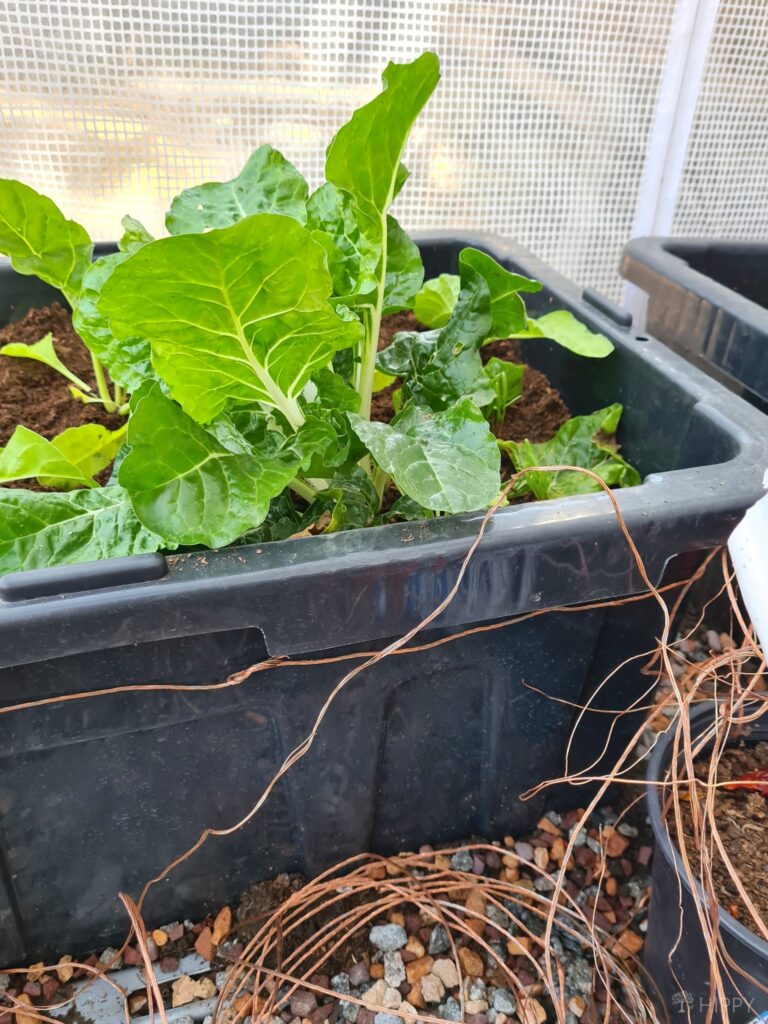
Spinach and other leafy green salad vegetables are probably better known for requiring lots of nitrogen if you want large, emerald green heads, but potassium is just as important.
That’s because chlorophyll, made possible by the nitrogen, cannot activate to feed the plant without enough potassium uptake! A lack of potassium means your spinach will definitely be puny and won’t taste nearly as good as it could otherwise.
Tomatoes
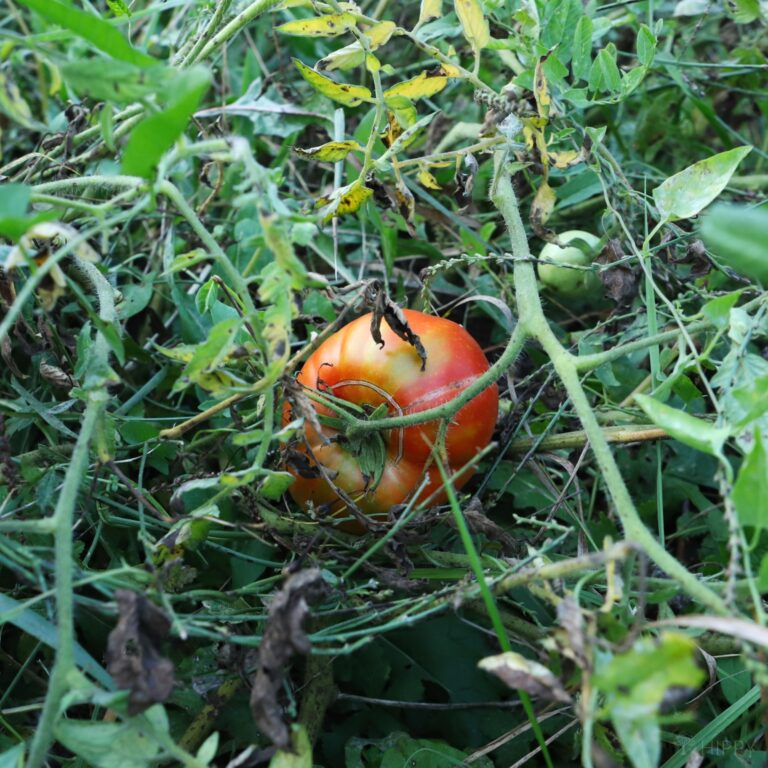
You’ve heard me talk about tomatoes before, and you know I think they’re one of the greatest but also one of the most temperamental plants that you could grow. Even so, I don’t know a single gardener who hasn’t taken a crack at them.
Your tomatoes, just like other veggies on our list, need potassium to utilize chlorophyll properly to help the rest of the plant grow and develop.
Note that inadequate potassium levels make it more likely that your tomatoes can catch various diseases, so if you don’t want them getting sick, stay on top of getting them that mineral.
Sweet Potatoes
Sweet potatoes need potassium in all stages throughout the growing season…
Potassium is absolutely essential to the development of the tuber itself but also the development of the foliage that will support and sustain it.
Your best bet for making sure your sweet potatoes have enough potassium is to check and amend the soil levels well before you even plant them. After that, check on them occasionally throughout the season.
Cucumbers
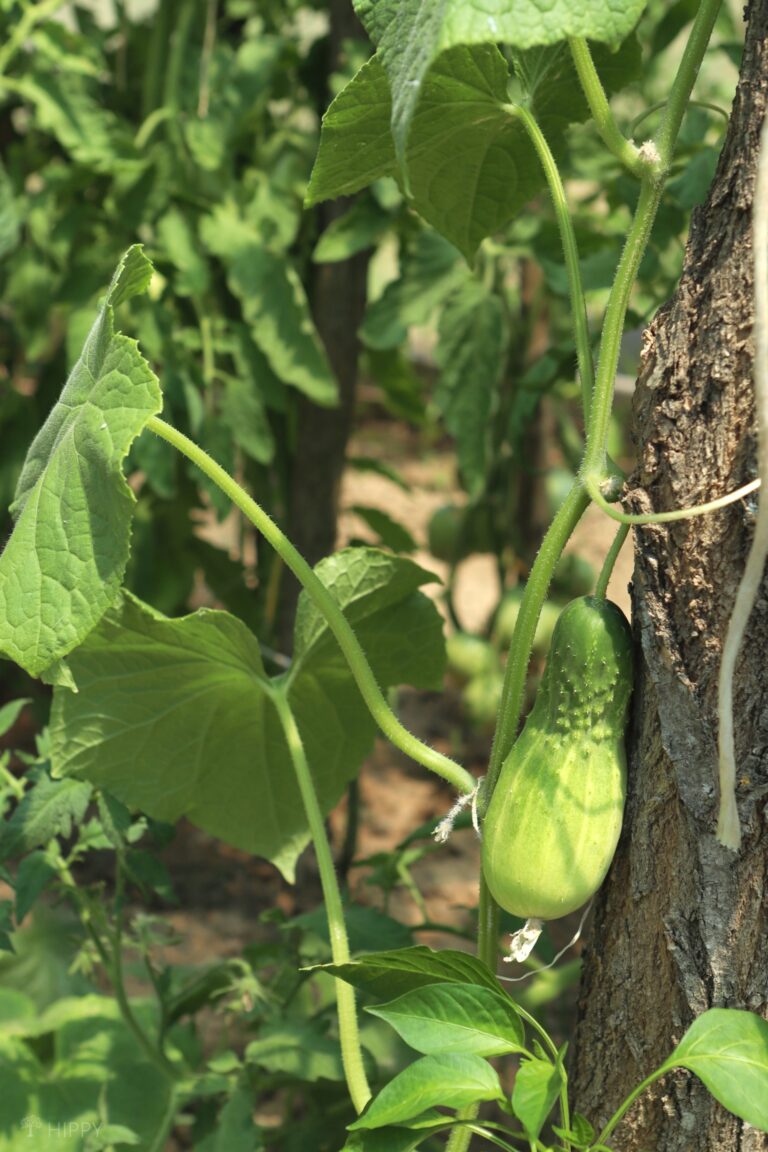
Another vine-growing veggie, like all similar produce potassium is in high demand for cucumbers.
Without it, vines will not develop properly, leaves will be few and shabby, and the developing cucumbers will likewise be few in number and poorly formed at the end of the season.
You must make sure cucumbers get enough potassium right up front and then get them a little more periodically as they get closer to harvest.
Grapes
Grapes are delicious but have a reputation as a fickle fruit, and that’s with good reason. Part of that reason is that they are so easily affected by various diseases.
Adequate potassium is a countermeasure to common plant diseases, and will help the plants and the fruits themselves stay healthy.
In the bargain, you’ll get plump, large and super-sweet grapes. If you notice your grapes struggling and falling prey to various illnesses year after year, you need to do a comprehensive check of the soil levels where you grow them.
Oranges
Oranges are the most popular and arguably the most delicious citrus fruits out there, and if you are a fan, it’s easy to see why potassium is so important. A good orange is really juicy, and if you want them to be both juicy and sweet you’ll have to get them plenty of potassium throughout the season.
But, potassium helps the tree as a whole, not just the fruit, because it helps the entirety of the plant produce critical enzymes and also distributes water where it is needed.
Lemons
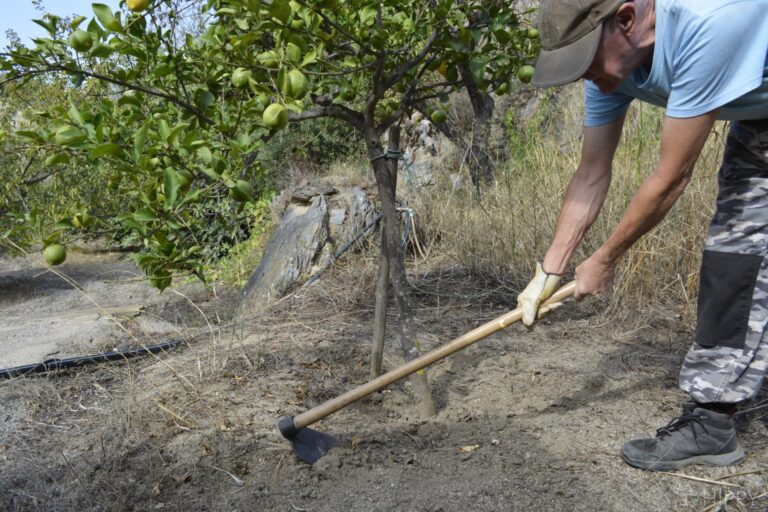
Another citrus fruit on our list and one that must have a good amount of potassium at all times in order to thrive.
Potassium is vital for the overall health of the lemon tree, and not just the quality of the fruit, so you want to make sure you apply it over the roots as needed throughout the season.
Grapefruit
There’s a reason you’re seeing so many citrus fruits on this list. That’s because they, more than most other kinds of fruit, have to have lots of ‘K’ in order to prosper!
But compared to lemons and most oranges grapefruits tend to be quite large and accordingly, they will need even more potassium if you want them to be fully formed and flavorful.
Don’t neglect to give your grapefruit trees potassium throughout the season, but stop about a couple of weeks prior to harvest.
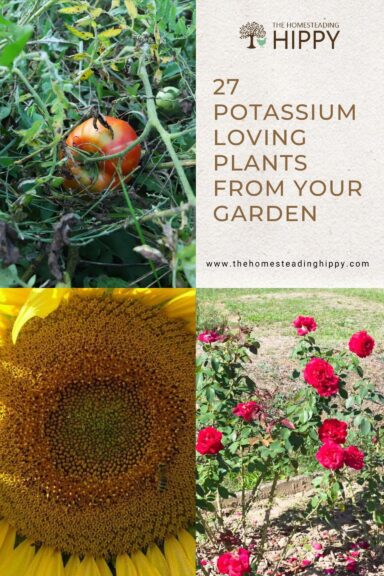
Tim is a farm boy with vast experience on homesteads, and with survival and prepping. He lives a self-reliant lifestyle along with his aging mother in a quiet and very conservative little town in Ohio. He teaches folks about security, prepping and self-sufficiency not just through his witty writing, but also in person.
Find out more about Tim and the rest of the crew here.
